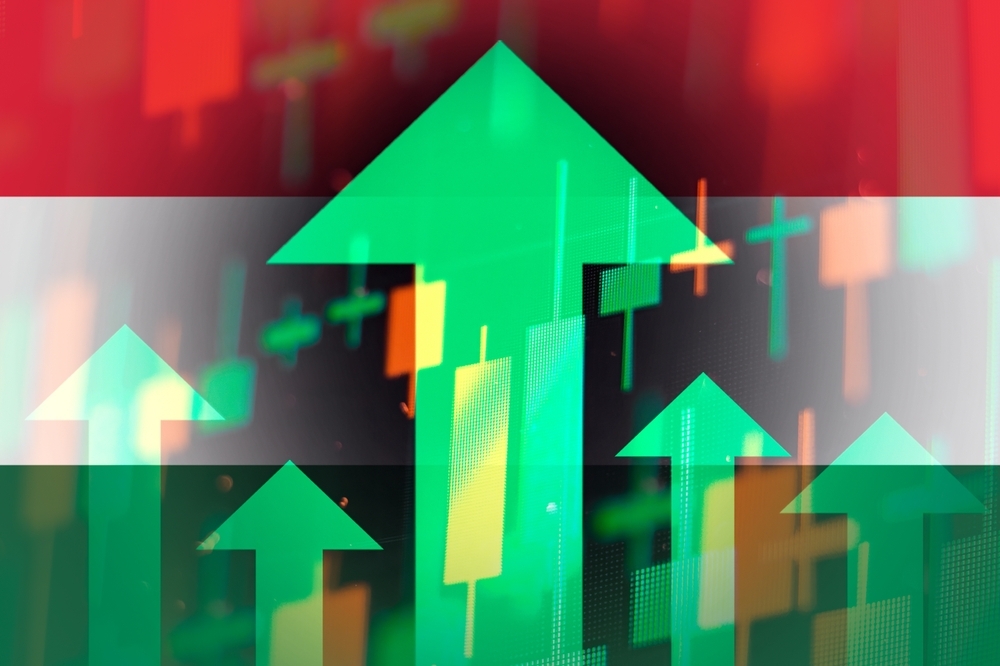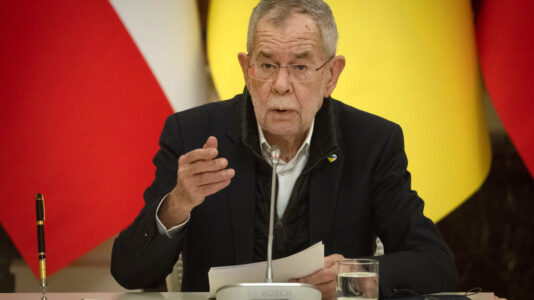Since the outbreak of the Ukrainian-Russian war, credit rating agencies have examined the Hungarian economy more than 20 times, and each time Hungary has been classified as recommended for investment.
This is what one of the Japanese credit rating agencies, R&I, has also confirmed, giving Hungary’s rating a stable outlook and recommendation for investment, announced Minister of Finance Mihály Varga in his latest Facebook video.
In the medium term, the agency expects stronger growth in the Hungarian economy alongside a reduction in the national debt and the budget deficit.
Despite the uncertain international environment and the weakening of the German economy, experts predict that Hungary’s exports will expand, real wages will rise, and consumption will strengthen.
According to the report from R&I, “the government debt ratio will likely be contained, as the government has shifted its fiscal policy to focus on reducing the fiscal deficit. Taking also into account that improvements in the current account balance contribute to maintaining external stability, R&I has affirmed the Foreign Currency Issuer Rating at BBB+.”
The credit agency notes that the inflation rate exceeded 25 percent in 2023 but has since come down.
Subsequently, the stabilization of food prices and the eased depreciation pressure on the Hungarian forint has led to a decrease in the inflation rate to the central bank’s target. In response to the weakening inflationary pressure, the central bank has been lowering the benchmark interest rate, bringing it down to 6.5 percent in September 2024.
R&I notes that the interest rate remains on the higher end within the EU, which the agency will keep a close eye on going forward.
The agency also notes that tensions remain high with the EU, over “issues such as compliance with the principles of rule of law, refugee policies, and relations with Russia. Meanwhile, the country has seen a solid inflow of FDI.”
Most of this FDI has come, in particular, from China, which is focusing on building electric vehicle manufacturing and electric battery plants.






